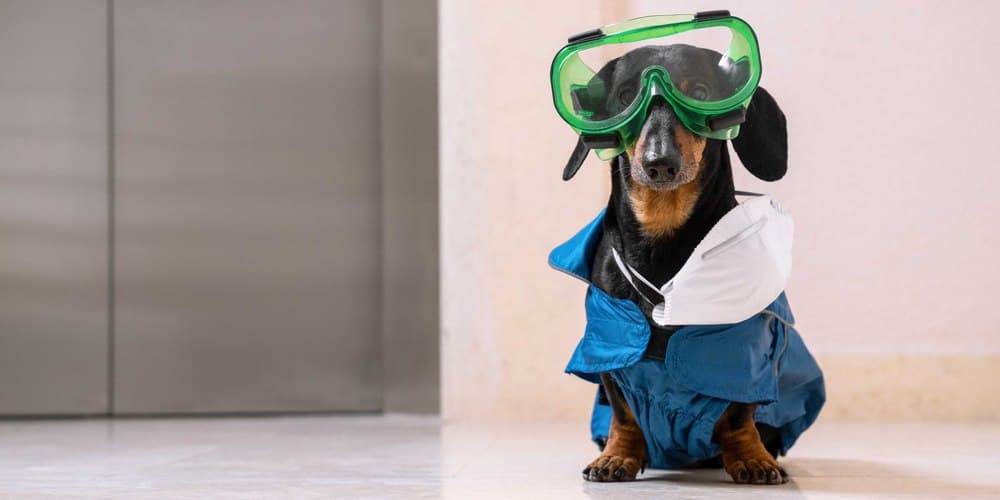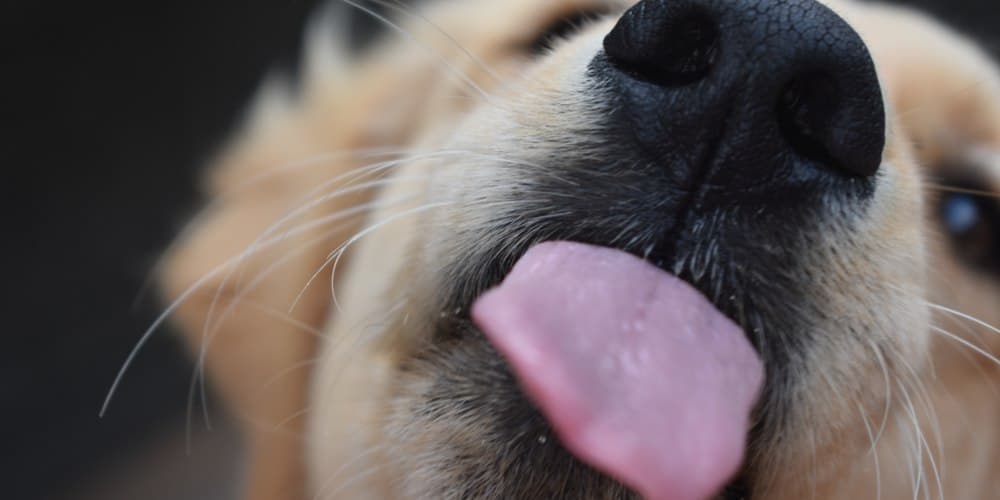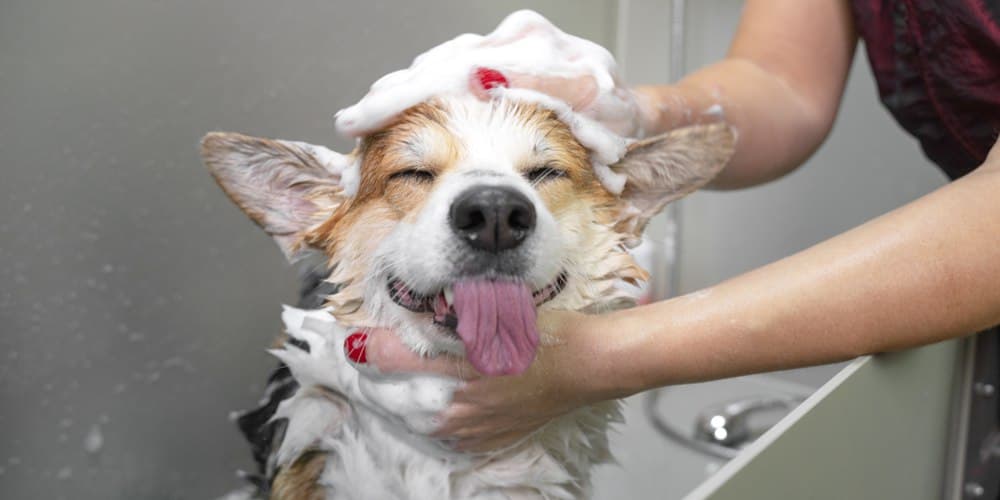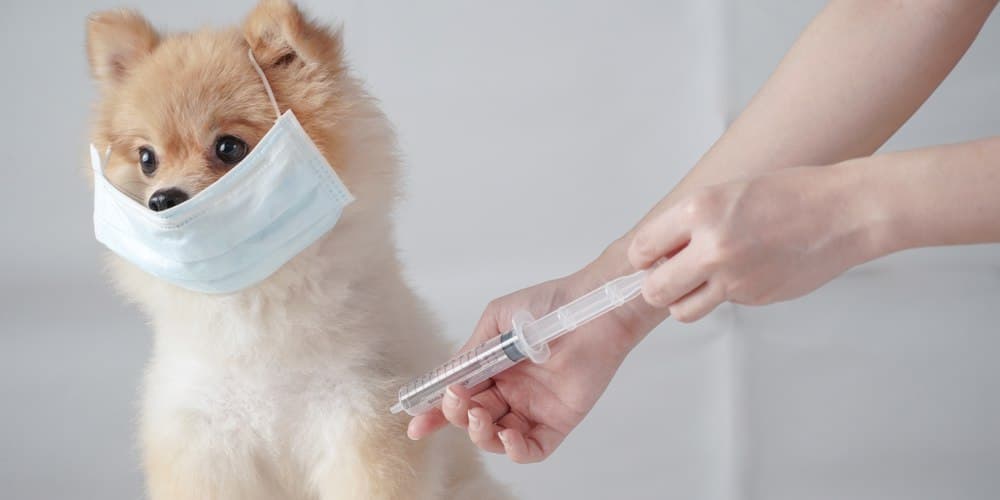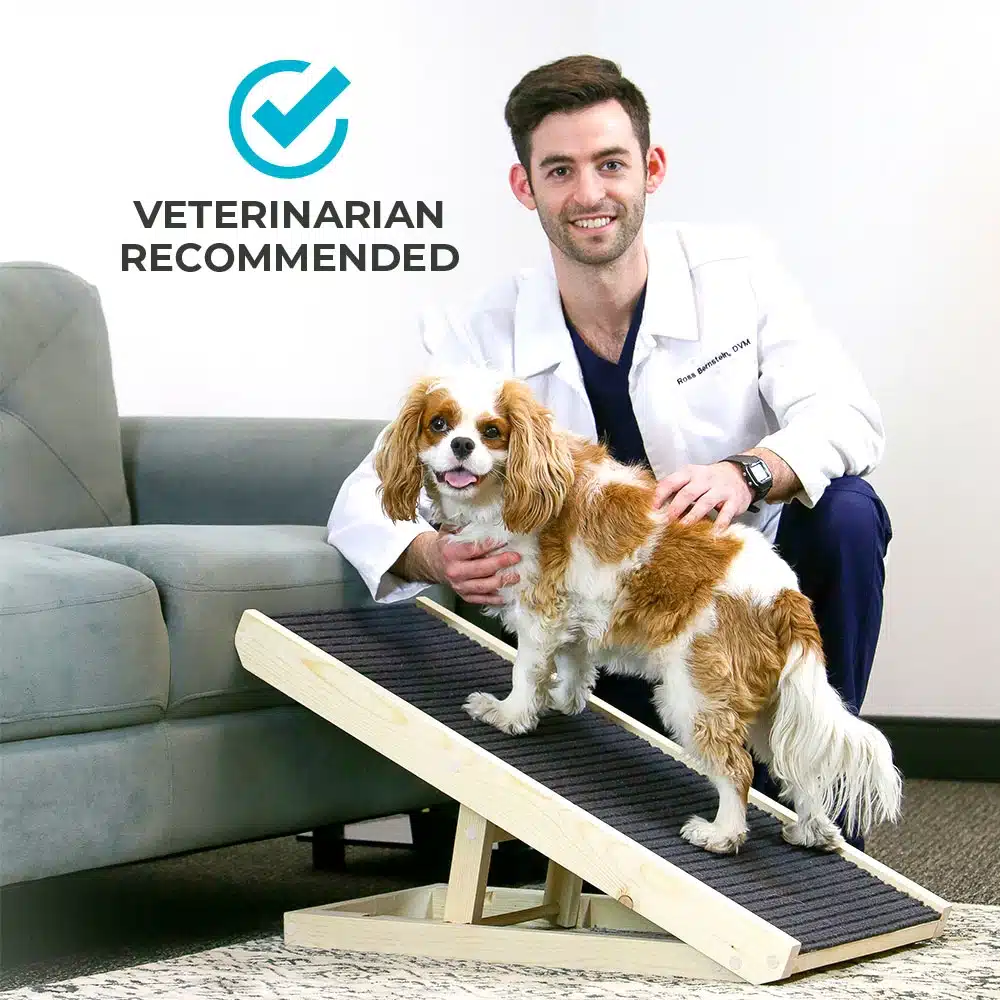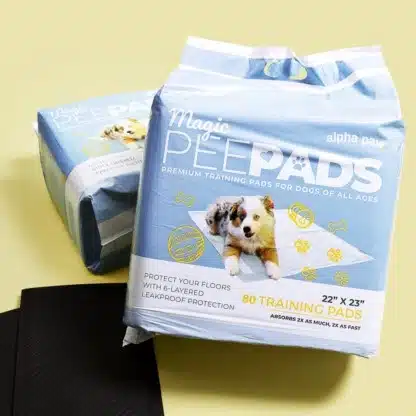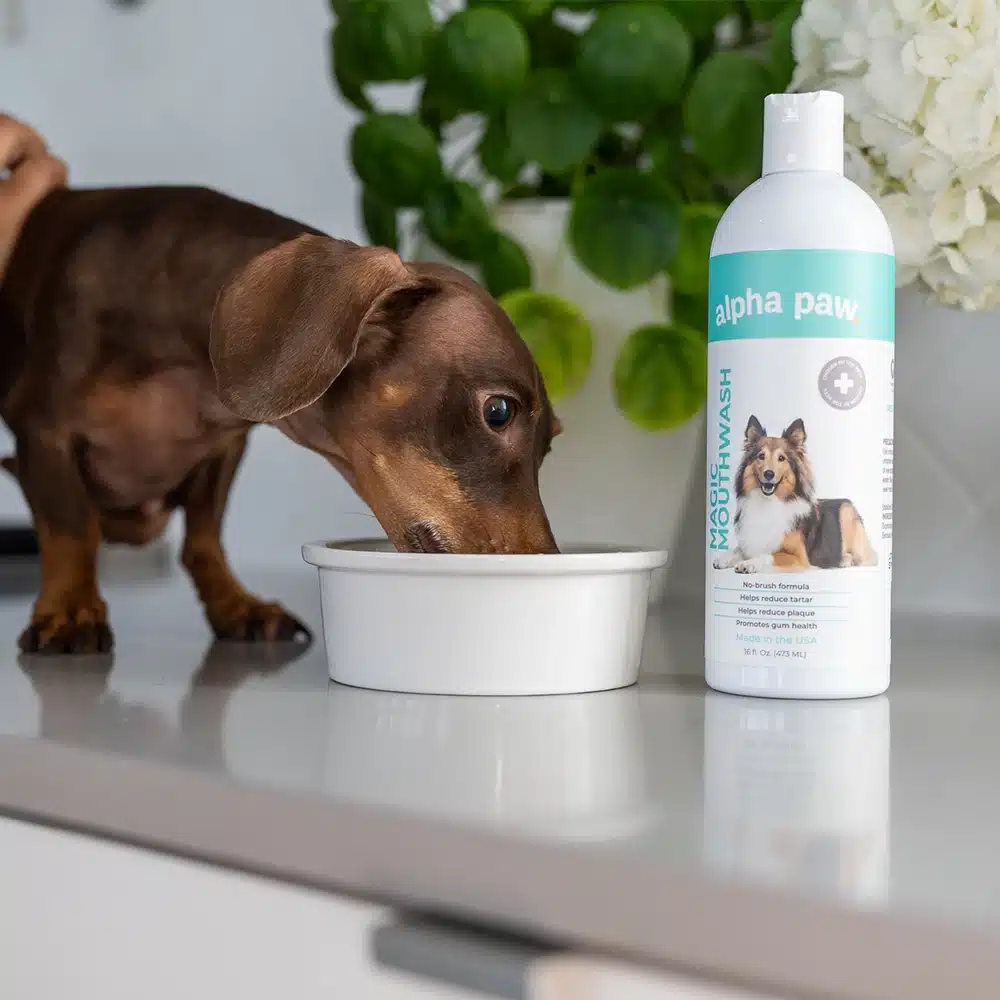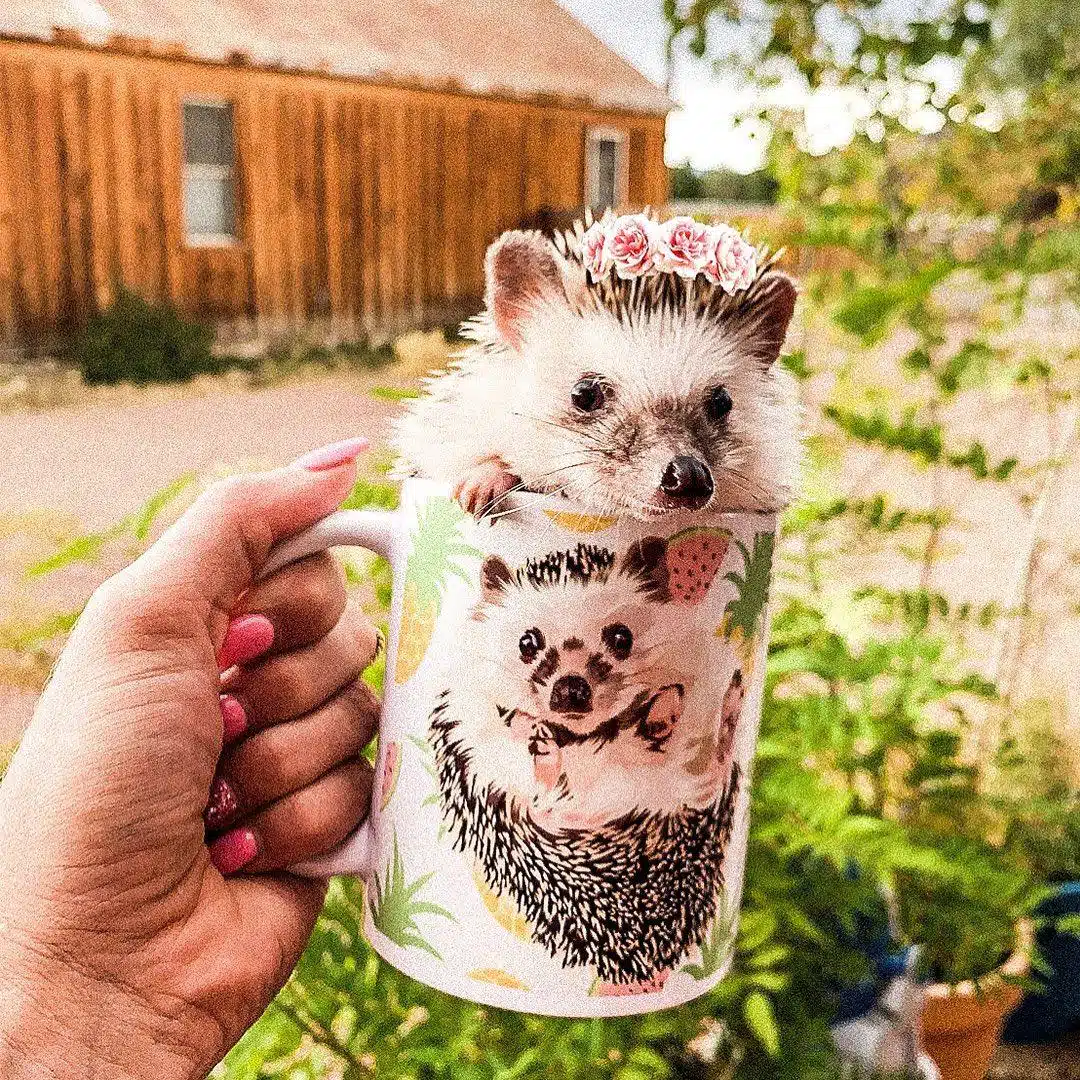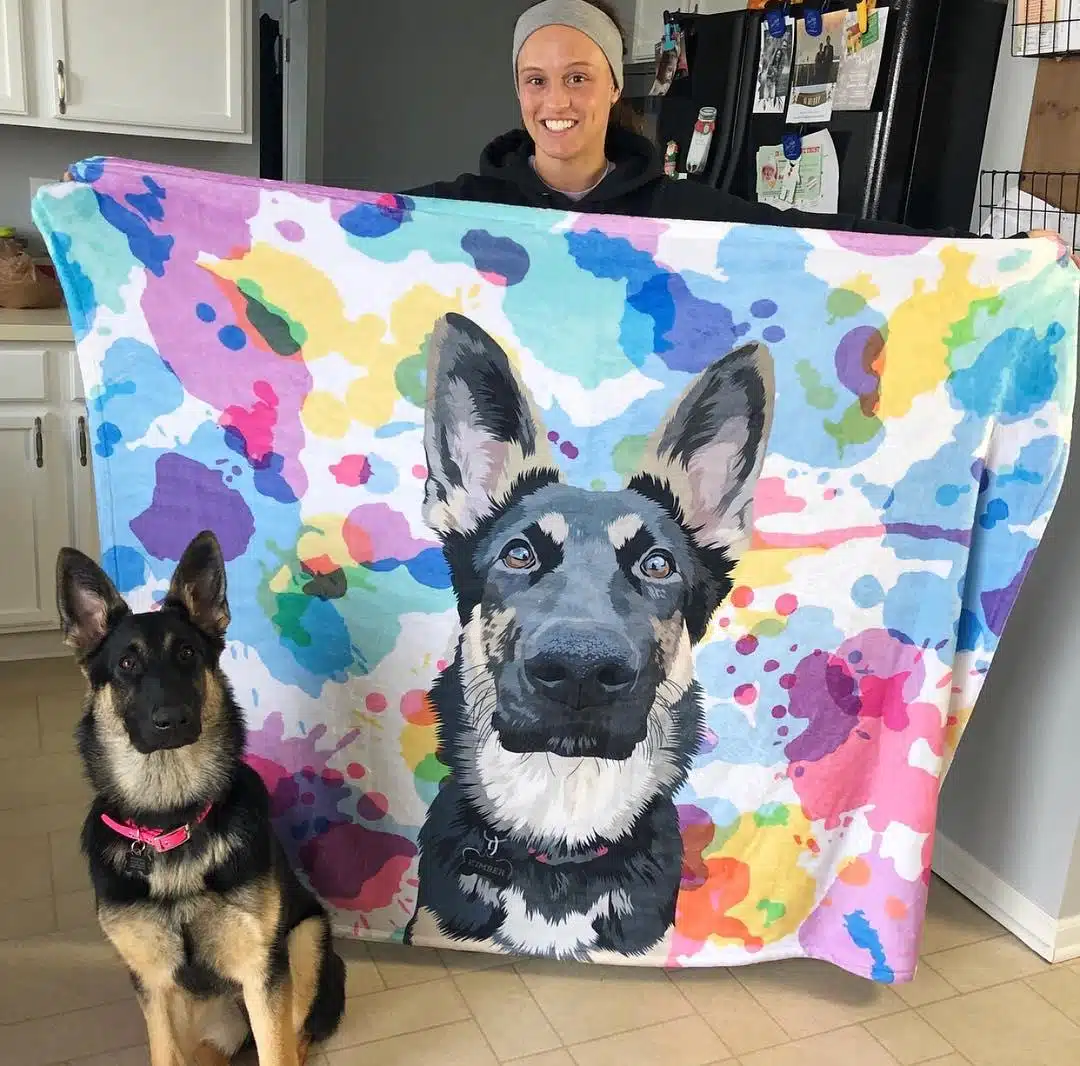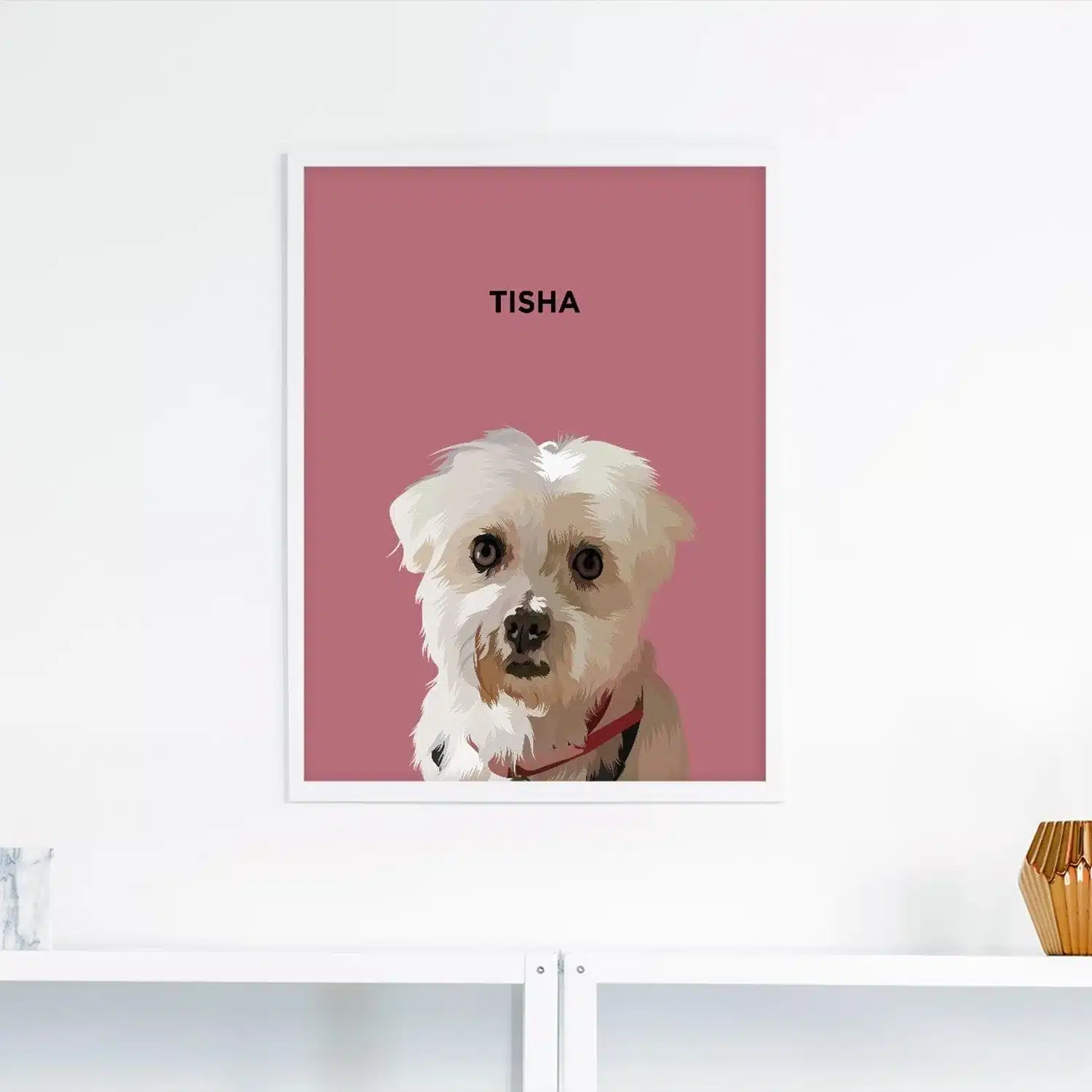According To The World Health Organization, There Is No Collected Data That Suggests That Dogs Can Contract COVID-19.
Traces of the virus can be found on canines, but cannot serve as a host for the virus. It is a major concern among all dog owners if their best furry friend can contract the virus that has become a pandemic across the world. With the uncertainty of not knowing what the fundamental elements that compose this virus are exactly, we are left on edge with the little, manipulative, and vague information that is given from media outlets.
Truth be told, the rate of susceptibility humans have to contract this virus is unsettling and is not wrong for people to feel concerned about not only themselves but for their dog. Even if you feel as though there has not been enough information provided about COVID-19, you may still be able to ask your veterinarian for a test to see if your dog has the virus. “Currently there is no evidence that pets can become sick,” says Dr. Ross, a certified veterinarian based in Las Vegas, in an informative Instagram post.
Myths like these circulate through paranoia, word of mouth, and honestly journalists luring you into their marketing ploy. CNN, AKC, and AAAS all can confirm that your dog cannot, and will not contract COVID-19. But that does not end there. First, to understand everything, it is important to know and be aware of the contextual circumstance of this whole situation, and to be knowledgeable about the other possibilities that are apart of the pandemic as a whole.
Where Did The Myth That Dogs Could Contract COVID-19 Originate?
According to sources, it started in Hong Kong where a Pomeranian and its owner were quarantined. Originally, the owner of the dog was diagnosed with the virus, but doctors decided to run tests on the dog to see if there was a possibility that the dog contracted the virus. What they found was the substance of the virus within fluids like saliva and mucus within the contents of the dog, but there were no actual signs for the doctors to fully diagnose the dog with COVID-19.
With the information given, we are aware that dogs are not able to contract this virus, but that does not mean dogs cannot contract a different version of the virus. The “dog version” of the coronavirus is known as CCoV, or Canine Coronavirus Disease. “These new test results are in line with the current understanding that COVID-19 is primarily transmitted person-to-person and supports the recommendation against testing pets for the COVID-19 virus,” says Dr. Ross.
Lucky for humans, they cannot contract this virus from their dogs. This disease generally deals with the intestinal section of a dog and causes some inflammation and discomfort, along with only lasting for a few days to a week. On top of all this, unlike COVID-19, there is a vaccination for this canine virus.
The One Thing Pet Owners Regret Not Doing Until It’s Too Late
Is your pet safe?
1 in 3 pets will need emergency veterinary treatment each year and it is estimated a pet receives emergency care every 2.5 seconds in the U.S.
The average cost of treating a broken bone in dogs is $2,700. Cancer treatments? Up to $10,000.
It’s why so many pet owners say their biggest regret isn’t the vet bill—it’s not having pet insurance when they needed it most.
Ask yourself: “If an unexpected $5,000 vet bill hit tomorrow, could I afford it?”
If the answer is no, it’s time to get covered.
Take a look at Lemonade. They have a great app that actually works, they have an instant chatbot that is faster and, dare we say it, friendlier than most companies’ “real” customer service and a quick scroll through Reddit will uncover… people are really vibing with this brand.
So go check them out and take a look. It takes less than a minute.
Can Dogs Pass On COVID-19?
Since veterinarians have found the virus on the dog’s fur, saliva, and mucus. This can suggest that they can spread the virus without ever contracting it. Since dogs serve both as a hybrid indoor and outdoor pet, they can bring in all types of bacteria and contamination to your home. Although it is unlikely for them to find the virus in your confined space, be aware of the habits dogs follow in terms of consuming, scratching, and licking different body parts and natural material.
Dogs Have Been Known To Eat:
- Feces
- Garbage
- Vomit
Dogs Lick:
- Other dogs’ genital area
- Their own genitals
- Humans
- The toilet bowl
The myth that dogs mouths are cleaner than humans’ mouths could not be farther from the truth. It is important to recognize that there is more to this list that is extremely unsanitary. All it takes is one lick to your hand and you subconsciously rub your face without even thinking about it.
Let it be known that this virus is not airborne, and the only way to contract this virus is to get it from someone that has the virus. So this all may seem gross and unsanitary (which it is) but, the only way for your dog to spread this to you is if they interact with said objects/body-parts/substances from a COVID-19 host in the first place.
How Can I Sanitize My Dog?
Even if at the smallest of chances of your dog interacting with the infected material mentioned, as a dog owner you can still find a way to make sure your dog is not at any risk of being a conduit for this disease. Bathing your dog is always a good start to ensure that any infected material on your dog in any square centimeter is met with a safe and healthy disinfectant soap.
Dogs spend their time rubbing up against material inside and outside, and constantly come into contact with unsanitary objects and textures, so if you feel like you are in a polluted spot, save your dog’s tongue some time and sanitation by giving them a bath. To also ensure that their mouths stay fresh, there are brands of dental chews that are easily purchasable at your local pet store that your dog can chew on its own.
On top of all that, you can take it even a step further and brush your dog’s teeth yourself. There are plenty of toothpaste that a veterinarian can recommend to you for washing your canine’s fangs, but this can be a messy and difficult trip. If you do not want slobber all over your floor, then this method is not suggested.
Dogs Can’t Contract COVID-19, But Here Are Some Viral Diseases They Can Contract:
- Canine Distemper
- Harden noses and footpads
- Paralysis, fever, coughing, vomiting
- Highly contagious, airborne or contact exposure
- Canine Parvovirus
- Lethargy, fever, heart disease, respiratory complications
- Highly contagious through feces
- Very fatal once in contact with organs
- Kennel Cough
- Severe coughing, lethargy, gagging
- Highly contagious through contact, contamination
- Leptospirosis
- Fever, muscle soreness, jaundice, vomiting
- Highly contagious, contracted through physical contact, soil, or natural water
The best way to keep your dog safe from potential viral diseases is to have a highly calculated interaction and contact with other species who have their vaccinations, along with your own dog having its vaccinations.
It’s important to focus on what you can avoid and to always do your research when talking about your dog. If you hear something that you may feel may not be true, always double-check to be safe. The life of your dog may depend on the decision you make or do not make.
80% of Dogs Develop Arthritis or Joint Pain by 7 Years old – Here’s How to Protect Them
Most of us train our dogs when they are puppies to jump up on furniture. We think it’s harmless (and easier than always lifting them), but for dogs, couches and beds are very high compared to the size of their bodies.
Every time they jump it compresses their back and applies enormous force to their joints.
It’s no wonder that an incredible 80% of dogs experience arthritis or joint pain by only 7 years old.
Luckily, there is a vet-recommended solution.
It’s the PawRamp by Alpha Paw. An adjustable ramp that allows dogs to safely get on and off couches and beds. PawRamp makes joining you in bed or on the couch effortless and fun.
As a bonus, you can use code SAVE35 to get $35 off the PawRamp today.


